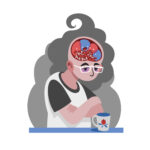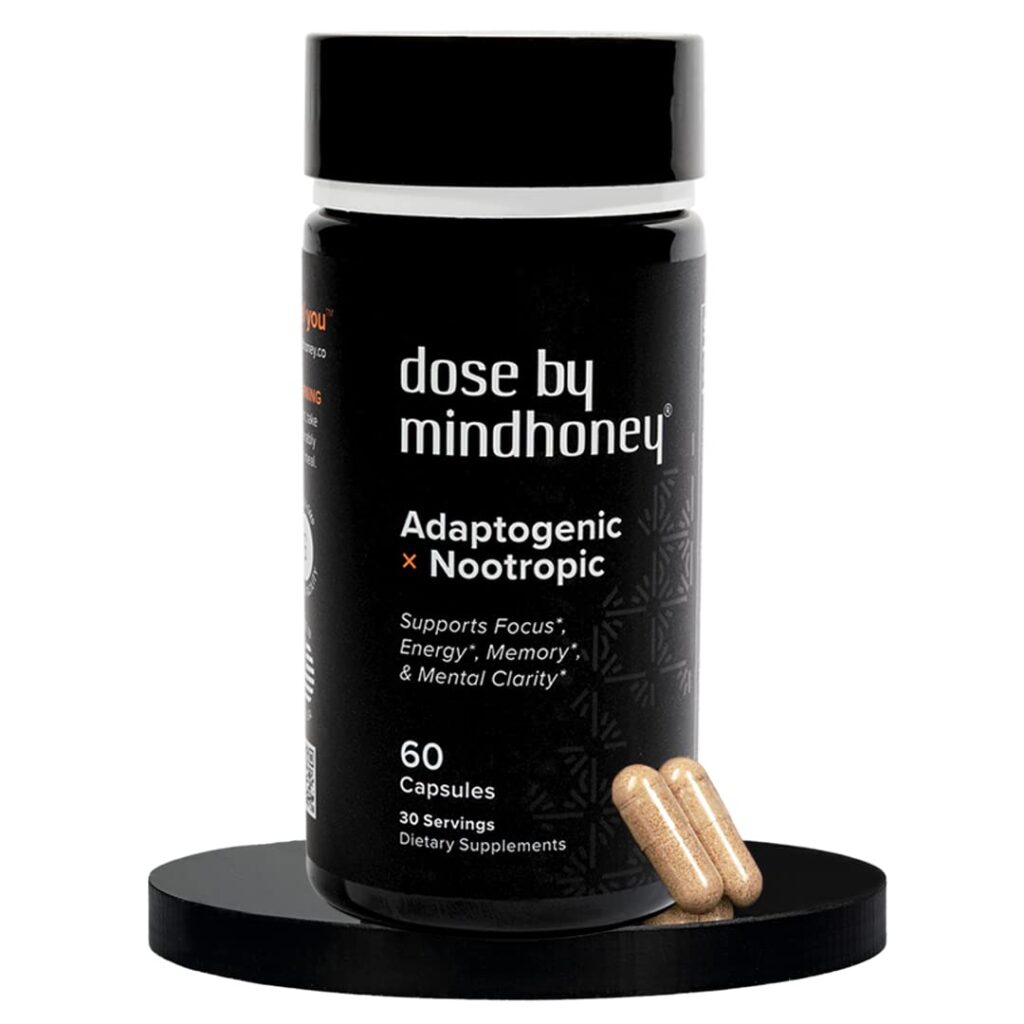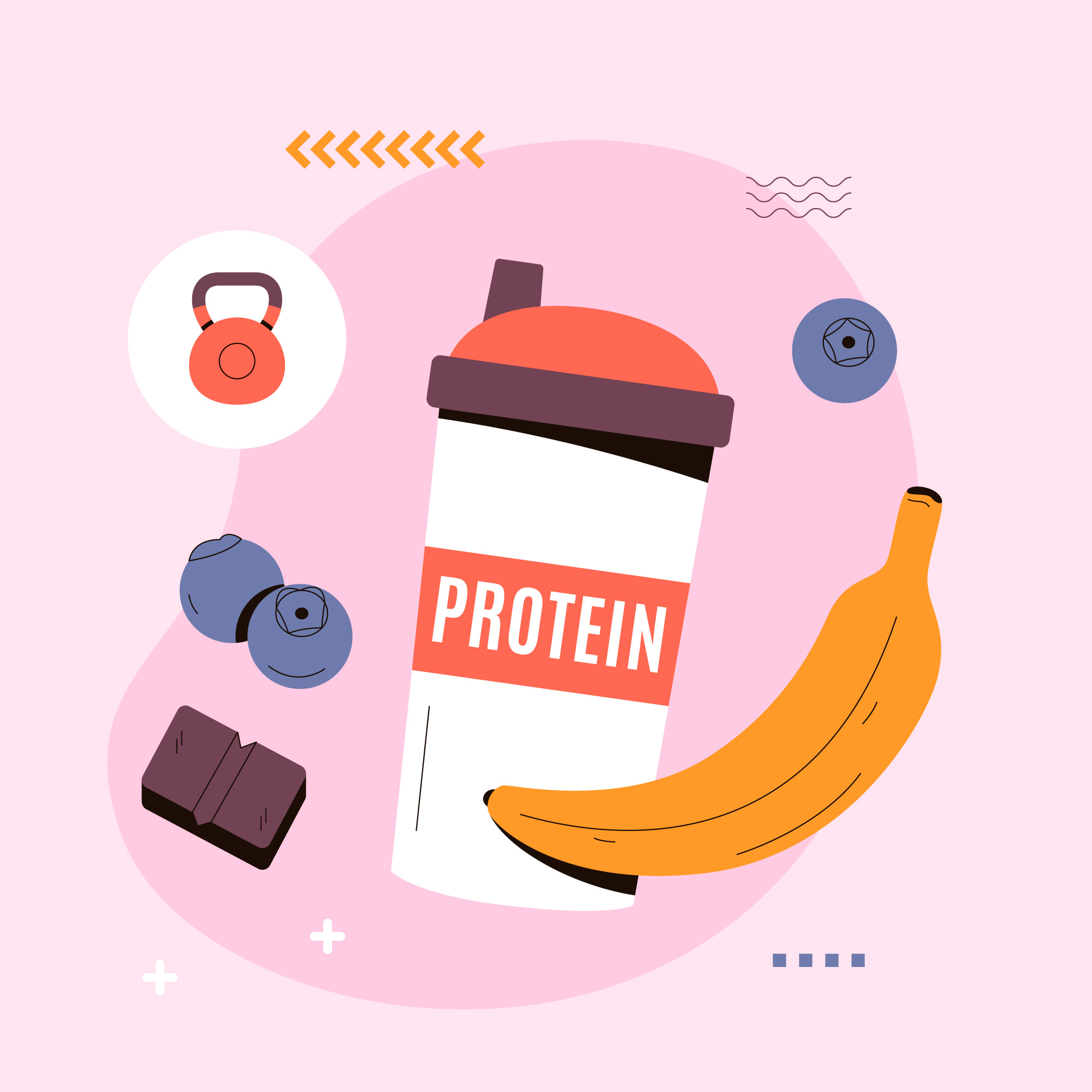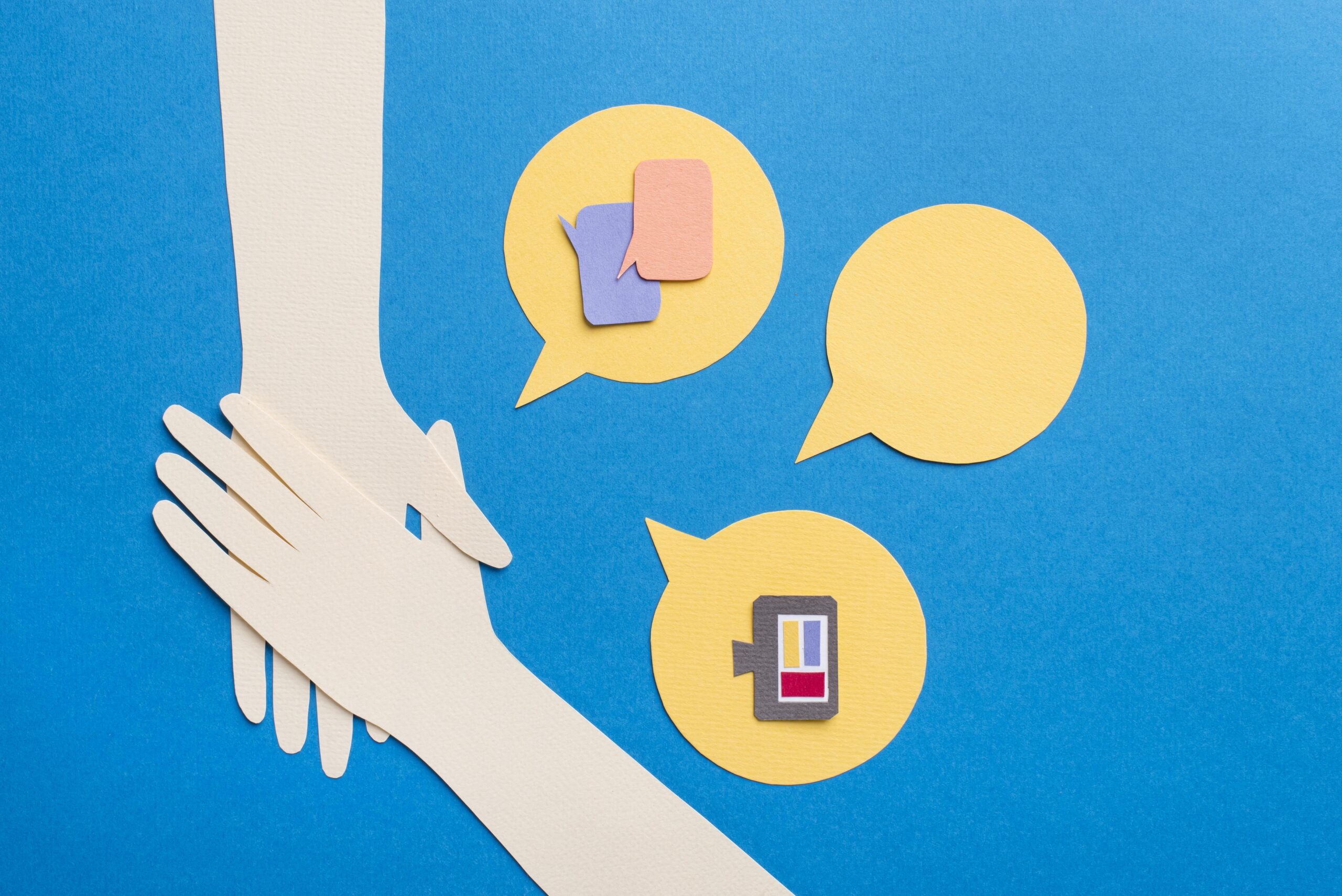Understanding the Link Between ADHD and Addiction: Coping Strategies
Attention-Deficit/Hyperactivity Disorder (ADHD) and addiction are two complex issues that intersect in ways that can significantly impact an individual’s life. Recent studies have shown that individuals with ADHD are at a higher risk of developing substance use disorders (SUD). Understanding this connection is crucial for managing both conditions effectively. In this blog post, we will explore the relationship between ADHD and addiction, as well as strategies for coping and promoting healthier life choices.
The Link Between ADHD and Addiction
- Impulsivity and Risk-Taking Behavior: One of the core symptoms of ADHD is impulsivity. Individuals with ADHD may engage in risk-taking behaviors, including experimentation with drugs and alcohol, which can set the stage for addiction.
- Self-Medication Hypothesis: Many individuals with ADHD may turn to substances as a form of self-medication. Drugs and alcohol can temporarily alleviate some symptoms of ADHD, such as restlessness or concentration problems, leading individuals to rely on these substances for relief.
- Executive Function Deficits: ADHD is often associated with deficits in executive functioning, which includes skills like planning, decision-making, and self-control. These deficits can make it difficult for individuals to foresee the negative consequences of substance use, increasing vulnerability to addiction.
- Co-Occurring Mental Health Issues: ADHD frequently coexists with other mental health disorders, such as anxiety and depression. These additional challenges can further complicate an individual’s relationship with substances and increase the likelihood of addiction.
- Genetic and Environmental Factors: Research suggests that both ADHD and addiction have genetic components. Shared environmental factors, such as exposure to trauma or substance-using peers, can also amplify risk.
Coping Strategies for Individuals with ADHD and Addiction
- Seek Professional Help: Engaging with healthcare professionals who understand both ADHD and addiction is crucial. A psychiatrist or psychologist can offer therapy and medication management tailored to your needs.
- Mindfulness and Stress Reduction Techniques: Practicing mindfulness, yoga, or meditation can help improve focus and reduce impulsivity. Stress reduction techniques can also mitigate the urge to self-medicate with substances.
- Establish Structure and Routine: Creating a daily schedule can help manage ADHD symptoms. Structure can minimize impulsivity and provide a sense of control, reducing the temptation to engage in risky behaviors.
- Participate in Support Groups: Connecting with others who face similar challenges can provide invaluable support and encouragement. Support groups focusing on ADHD, addiction, or both can help reduce feelings of isolation.
- Develop Healthy Coping Mechanisms: Explore alternative coping strategies that do not involve substances. These may include exercise, creative pursuits, or engaging in hobbies that provide fulfillment and enjoyment.
- Educate Yourself and Others: Understanding ADHD and addiction better can empower individuals and their loved ones. Knowledge can also foster compassion and support within families and communities.
- Limit Exposure to Triggers: Identify situations and environments that may lead to substance use and work to minimize exposure to these triggers. For example, avoiding parties with heavy drinking can reduce temptation.
- Nutritional Interventions: A balanced diet can improve overall mental health. Omega-3 fatty acids, found in fish and flaxseeds, are particularly beneficial for brain health and may help manage ADHD symptoms.
Conclusion
The relationship between ADHD and addiction is complex and multifaceted. Understanding this link is crucial for effective management and prevention strategies. By implementing coping strategies and seeking support, individuals with ADHD can lead healthier lives and mitigate the risk of addiction. Remember, you are not alone in this journey, and help is always available. Embracing a proactive approach can make a significant difference in both managing ADHD and combating the challenges of addiction.









